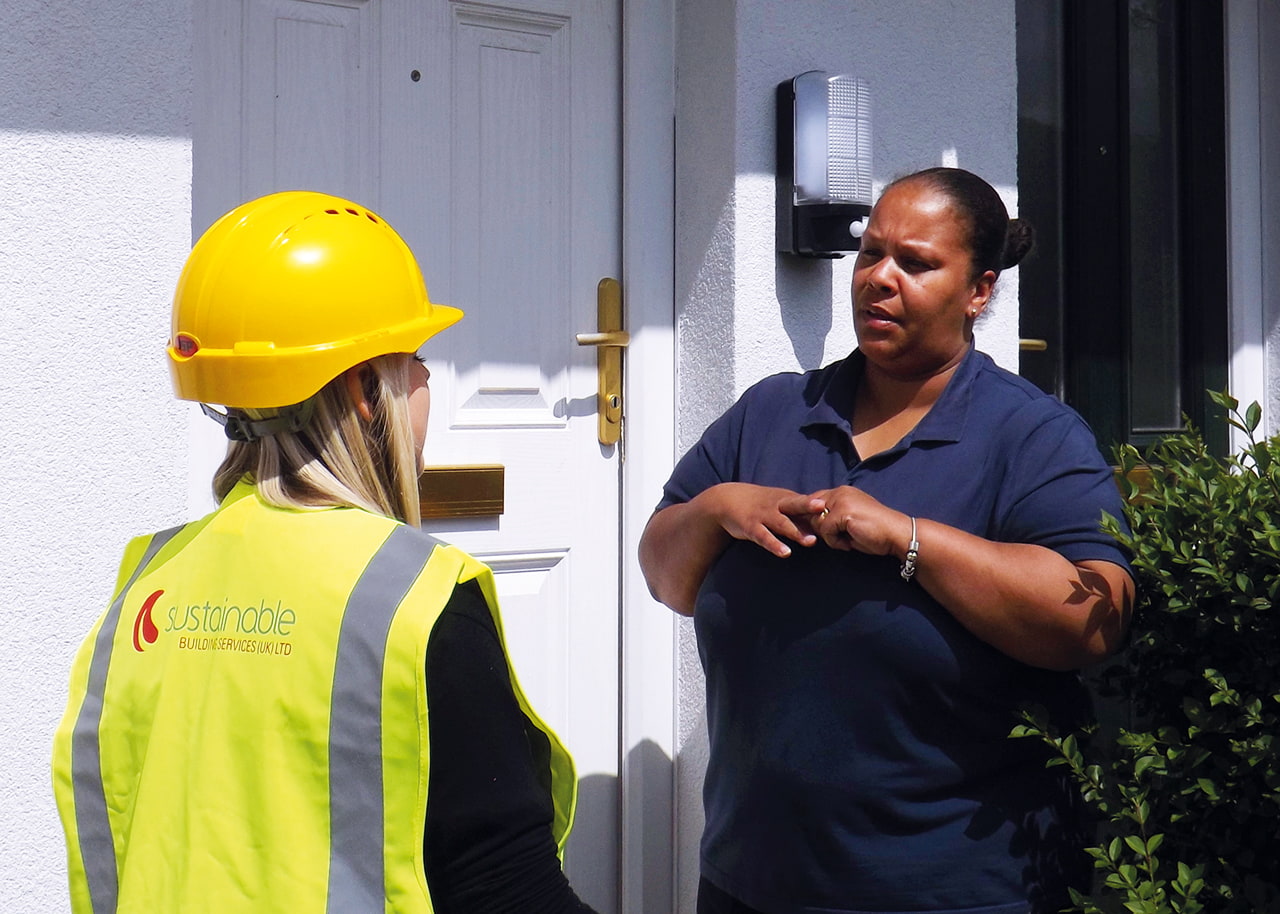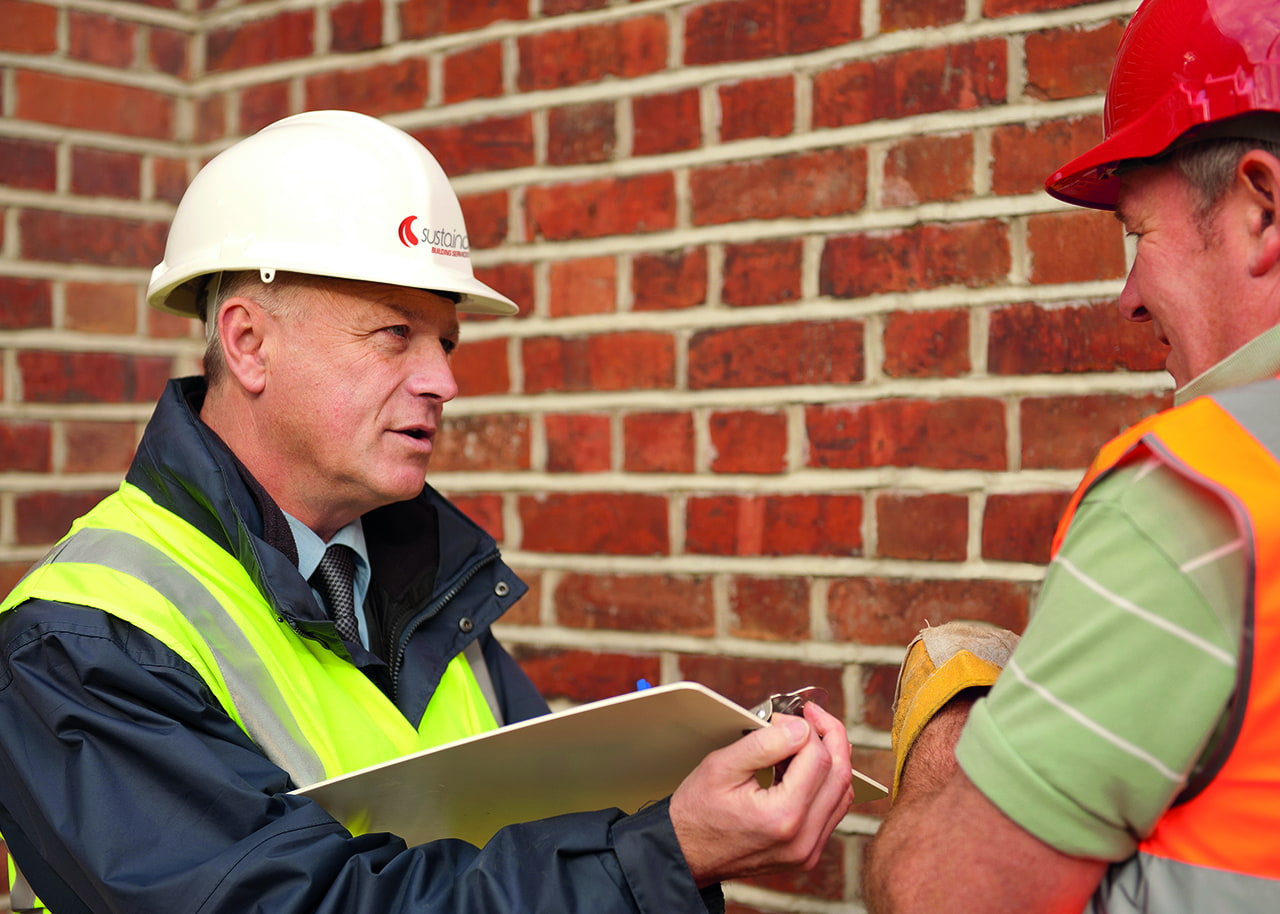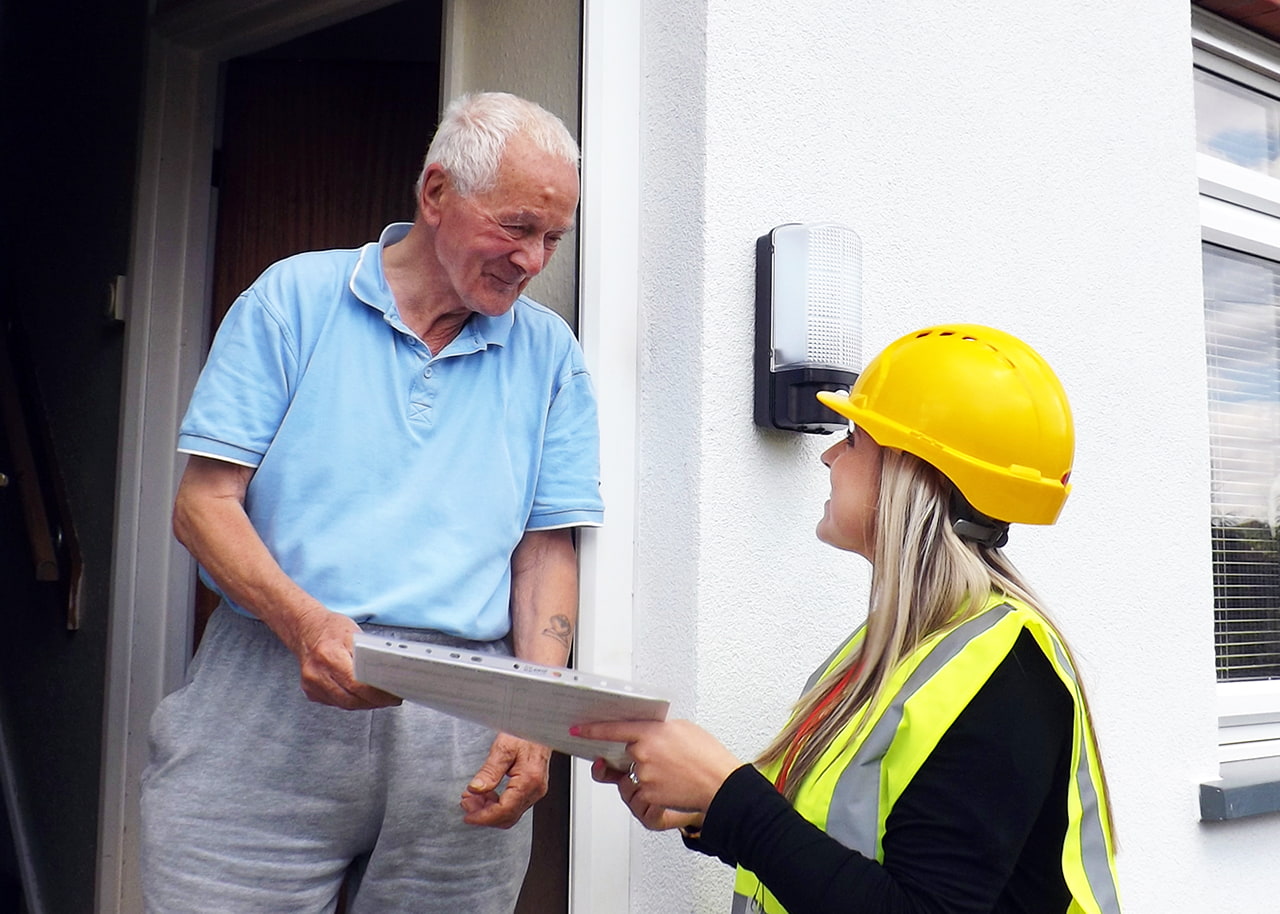Installing an air source heat pump can potentially increase the value of your home. Energy-efficient and eco-friendly features are attractive to many buyers and can enhance the overall appeal of your property.
An air source heat pump is installed to replace a typical boiler setup or old electric storage heater system. It generates heat by processing outside air and compressing it and then heating a fluid which then heats water. This heated water then heats your home through radiators or underfloor heating. This can also be utilised to heat water in a cylinder tank to provide hot water for taps, showers, and baths.
What is an air source heat pump?
All air source heat pumps should be fitted by MCS accredited installers to ensure the system is designed and installed to relevant competency standards meaning it is bespoke to your home.
It is important to note that air source heat pumps work continuously to maintain a constant temperature. Therefore, it is important to ensure that your property is as well insulated as it can be before considering the switch to one.
Have a look at our solid wall insulation, cavity wall insulation and loft insulation measure pages or call our friendly staff to see how we can help you and advise you on energy efficiency today.
What are the Benefits of Air Source Heat Pumps
Reduce your energy costs
With an air source heat pump, you can potentially lower your energy costs. The efficiency of your heat pump and how you use it can contribute to significant savings. Heat pumps typically run at 200-400% efficiency which means for every 1kwh of electricity used it generates 2-4kwh of energy
Government incentives
You may be eligible for government grants or incentives for installing an air source heat pump under BUS funding. This funding is not means tested and is applied for by the installer on your behalf.
Decrease your carbon emissions
Air source heat pumps are a low carbon heating option, resulting in reduced emissions compared to conventional gas or oil boilers. By choosing a heat pump, you contribute to a greener environment.
Low maintenance requirements
Air source heat pumps generally require less maintenance compared to traditional heating systems. Regular servicing is usually straightforward and infrequent, reducing overall upkeep costs and hassle.
Quiet operation
Modern air source heat pumps are designed to operate quietly, minimizing noise disruption and providing a more pleasant home environment. Heat pumps produce a low hum that’s between 40 and 60 decibels. About the level of hum from your fridge/freezer.
How long does it take to install ASHP?
The installation process usually takes about three to five days, depending on the complexity of the work involved. However, it might take longer if your home requires larger radiators or any preparatory work to accommodate the heat pump’s efficiency. Considerations include but are not limited to:
The ASHP Unit
You’ll need somewhere to site the outdoor unit. It must have space around it to allow a good air flow. If you live in a flat you may be limited to what solutions can be provisioned.
Hot Water Cylinders
A standard heat pump doesn’t provide hot water on demand like a combi boiler so you’ll need a way of storing hot water. A hot water cylinder usually fits inside a cupboard that measures at least 80cm x 80cm.
Radiators
If you have radiators from your current system they will need to be checked for size and suitability. Furthermore the integrity of the piping will need to be checked to ensure it is suitable to support an ASHP system.
BUS Funding
The BUS (Building Upgrade Scheme) funding scheme is designed to help property owners and tenants improve the energy efficiency and sustainability of buildings. If you reside in England or Wales, you can receive up to £7,500 towards the cost of an air source heat pump through the Boiler Upgrade Scheme.
Here’s an overview of how the scheme application works:
Stage 1
Installer submits a voucher application
Ofgem assesses the application and seeks confirmation of property owner consent
BUS voucher is issued
3 month validity for ASHPs and
Biomass Boilers
6 month validity for GSHP’s
Stage 2
Installer submits a voucher redemption application
Following the commissioning of the plant and within the voucher validity period
Installer receives payment
£7500 for ASHPs and GSHPs
£5000 for Biomass Boilers
Here’s an overview of the Eligibility and its requirements:
Eligibility Criteria:
- Must be an owner or tenant of a private property.
- Must have a valid and current EPC for the property at voucher application stage.
- The upgrade must be to replace a fossil fuel-based boiler or an electric heating system.
- It is important that property owners understand that heat pumps perform best in well insulated properties.
- Social Housing Properties are not eligible.
Standards Compliance:
- Upgrades must meet specified standards and regulations for energy efficiency and environmental performance. Our delivery partners always follow PAS and MCS standards and will provide you with all the required handover and completion documents including any appropriate warranties.
Costs of running an ASHP
Several factors can influence the specific costs of running an air source heat pump:
- The type of heat pump you choose to install (the correct size one for your home be selected once a home survey is completed).
- Your electricity rate.
- The heating needs of your home and your preferred indoor temperature.
- The average air or ground temperature in your area.
- How well your heat pump is configured and operated.
- Renewable technologies (such as solar panels and storage batteries for example.)
Is an Air source heat pump right for me?
Air source heat pumps can be installed in most homes, but their suitability depends on several factors:


